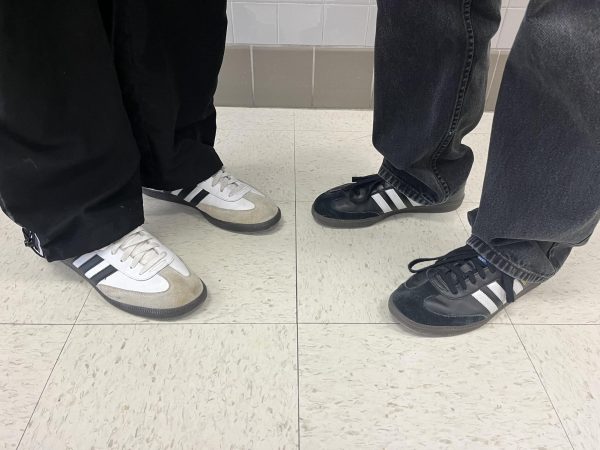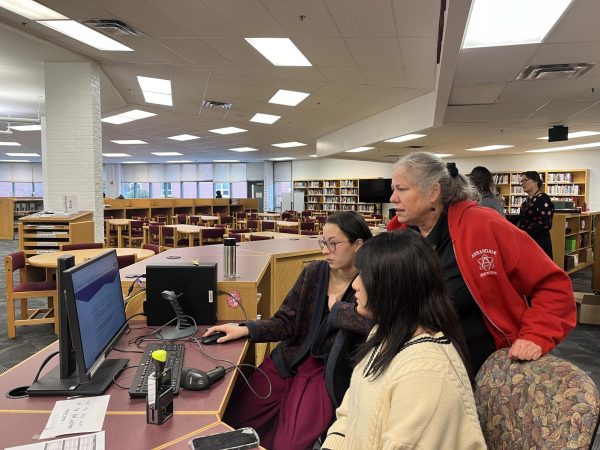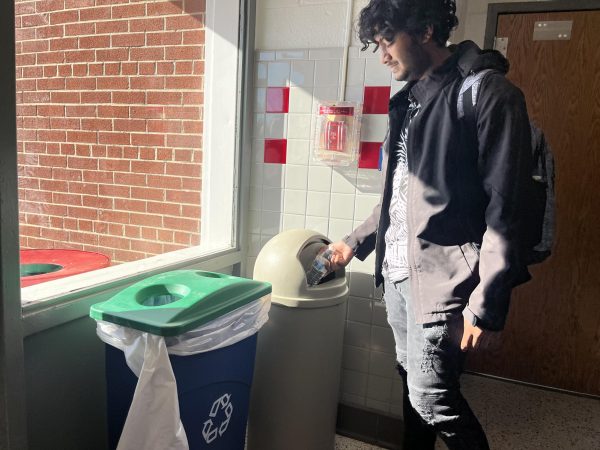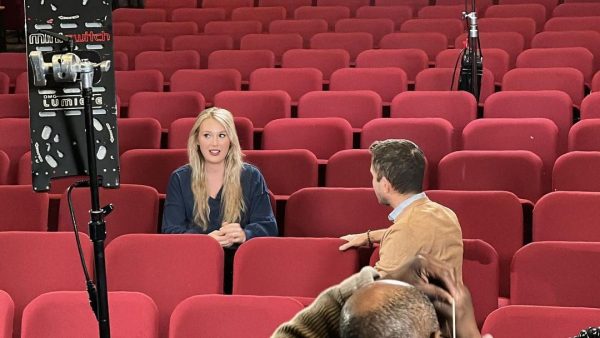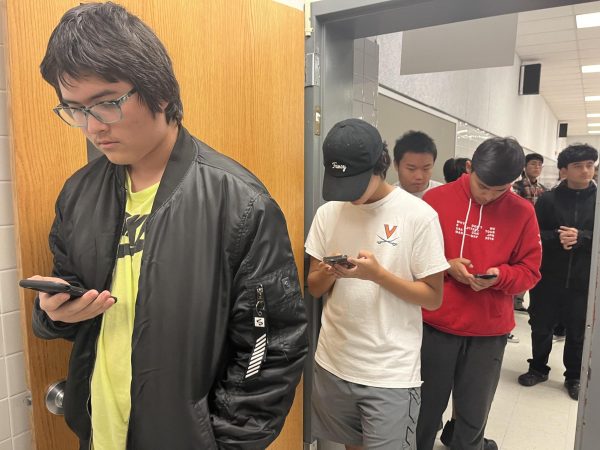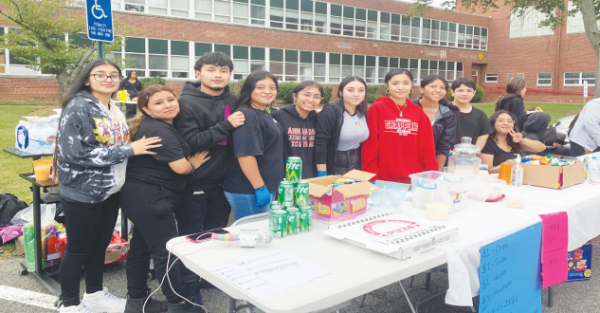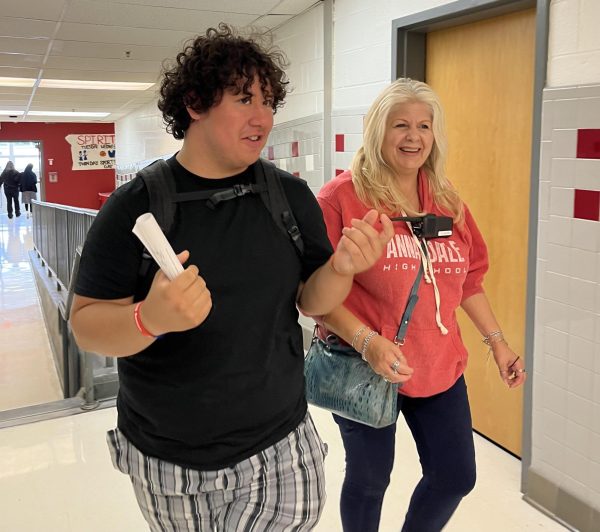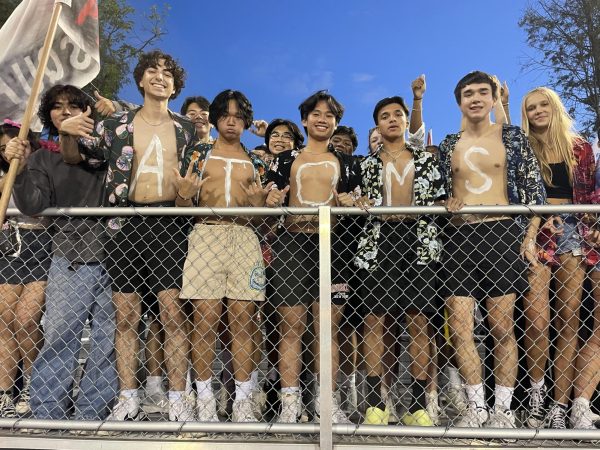Disconnected from reality
Does social media affect our empathy?
On March 31, rapper Nipsey Hussle was fatally shot outside his store in Los Angeles. For the most part, the response on social media was very sympathetic. However, there were also many posts, tweets, and comments saying “Who cares?” and other ignorant comments about his death.
These kinds of things aren’t uncommon on social media. There are loads of negative posts uploaded constantly.
“I try not to spend a lot of time on social media for that reason,” senior Izzudeen Yahia said. “The constant amount of negativity can affect your mind and attitude.”
As social media is still relatively new, the effects it can have on you have not been deeply investigated by scientists. But, some effects have been identified.
One of these is known as compression fatigue, coined by journalist Dave Cullen. Compassion fatigue explains the phenomena where people are constantly bombarded with tragic stories and eventually get emotionally worn out. On average, people spend 1.72 hours on social media per day according to the Global Web Index. In that time that we use scrolling through social media, we see status updates and photos that friends post timelines along with tragic stories from across the world. We feel compassion fatigue with wars overseas, tragedies at home, and other awful things that occur in the world around us. We see the same thing over and over, and eventually lose the ability to empathize. While one of the championing effects of social media is that it creates an interconnected world, this also creates a platform for every single tragedy worldwide, which means one sad news event after another is moved by really quickly.
Another limitation of empathy created by social media is confirmation bias. Confirmation bias is when people only expose themselves to their own thoughts repeated in recursive echo chambers of increasingly radical and exclusionary thought. When this happens, social media users understand and empathize with other users who share the same view as them and demonize and attack them.
Social media also provides people a platform to say things they wouldn’t say in real life. It’s a lot easier to insult or provoke someone when you aren’t talking to them face to face and get to hide behind a screen. This anonymity also leads to a lot of users who go out of their way to “troll” others. Basically, a social media troll is someone who purposely says something controversial in order to get a rise out of other users. These people deliberately try and cause arguments and frustrate others.
“My suggestion to people is to try and take a break from social media. When you spend your entire day on Twitter or Instagram, not only is it a waste of time, but it can affect your personality as well,” Yahia said.
Taking a break from social media can be a good idea every once in a while. It can help you stay focused on your own goals in life and can help you reclaim wasted time. It can help prevent negative thoughts from entering and taking over your mind as well.
As a whole, social media does have a lot of positives, but it has its drawbacks as well. Social media is a very good source of entertainment and can create positive relationships across the world, but it’s important to be able to distinguish between real life and online life and not get so caught up in the virtual world that you lose your sense of empathy. It’s important to remember that behind every social media account there is a person going through the trials and tribulations of life. Respectful and responsible discourse on social media is the first step to overcoming a loss of empathy.

Senior Luke Elkins is in his 3rd year in the A-Blast. He has previously been a staff writer and sports editor. He plays varsity soccer and plays...



